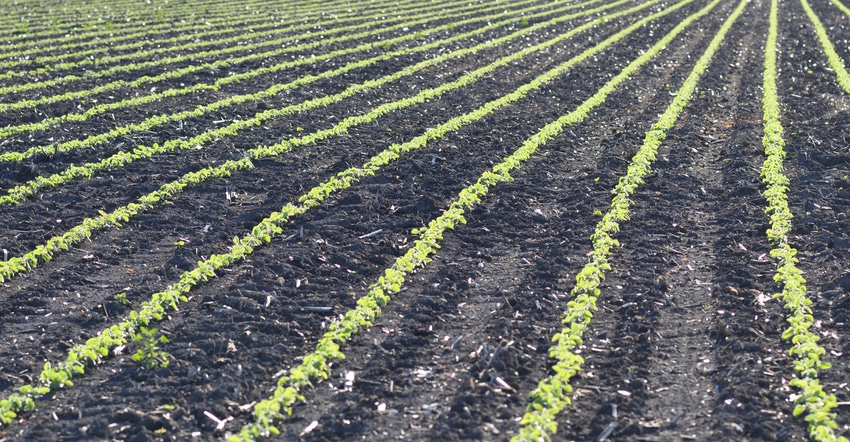December 11, 2018

By Ross Albert
As we make our way through the first half of winter land sales, farm managers are already seeing trends in values by geography. Our business is booming with conversations around land prices. While price is a very important term with negotiations, there are other terms that need attention before signing a sales contract. Take a look at these three:
1. What is the property? While this may seem redundant, you will be surprised how much discrepancy there may be between what someone thinks they own and what they actually own. A bare square 80-acre farm with longtime fence posts and a recent survey is pretty simple to work with. When there are things like creek lines, shared lanes, building sites and several neighbors, this can become more complex.
Regardless of whether you are the buyer or seller, it is important to define what you are negotiating before you determine the final price. Just because the property may be more complex doesn’t mean an agreement can’t be made, but the expectations need to be set upfront before price is negotiated and a sale contract is signed.
2. Who are the owners? This can also get more complicated than you might think. Properties that have been in families for generations need to be properly transitioned to the next generation to ensure proper title of the farm. There are cases were the common belief of who owns that farm is not in line with what the deeds and other documentation states. For both buyer and seller, title searches are very important and, ultimately, title insurance is, as well.
In most cases, title issues can be fixed with the help of a qualified attorney, but this can hold up the sale of a farm regardless of price. The ownership structures themselves — such as an estate, trust or corporation — will impact the how farm transaction might go. Negotiating with one individual is much different than negotiating with multiple people with a share in the same property.
3. Who has rights to the farm? The next step is to gain a clear understanding of who has a right to the farm or claims a right to the farm. This includes farm leases, hunting leases, utility companies, easements, mineral rights, wind rights and more. Some of these items should show up on the title search, but some will not.
If you are buying or selling a farm “lease free,” make sure it really is. Most state laws require formal termination on both written and verbal leases before a certain date in the cropping season. If a farm is advertised as “excellent production history” and “lease free,” ask for proof. If there are existing leases or easements on the farm, research them and make sure they are something you want to be involved with.
Due diligence will pay off for both buyers and sellers when you’re working with a land transaction. Take a look at the farm from a very broad view, and ask as many questions as you can. Price is important, but it’s only one piece of the puzzle when you’re buying or selling a piece of real estate.
Albert is a farm manager with Soy Capital Ag Services, Bloomington, Ill. He is a member of the Illinois Society of Professional Farm Managers and Rural Appraisers, whose members regularly contribute to this column. Email farm management questions to Carroll Merry at [email protected].
You May Also Like




